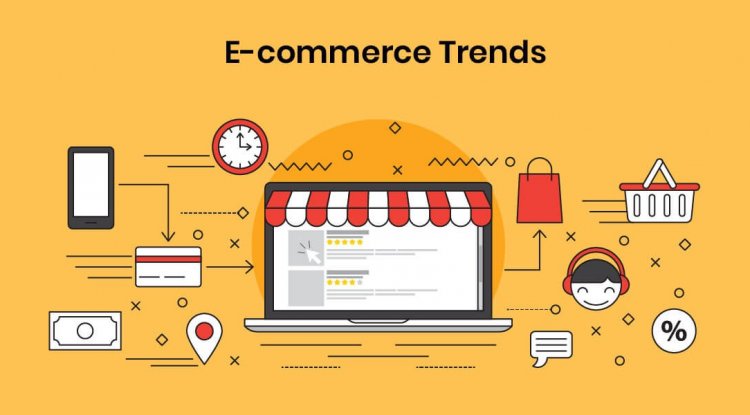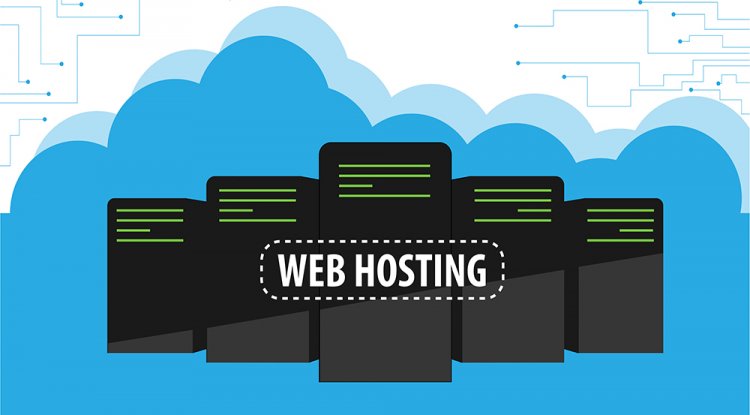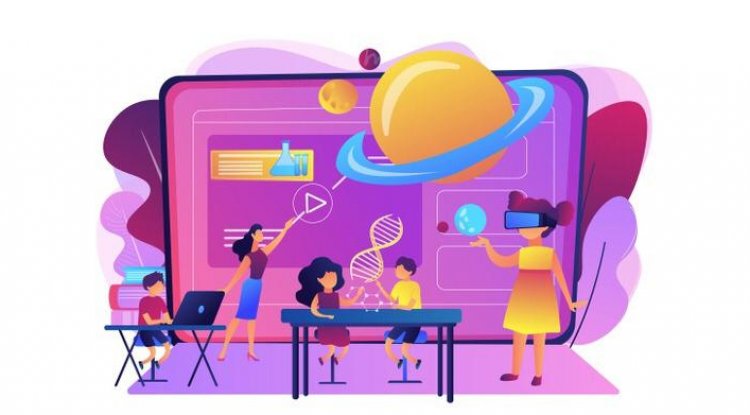Your Company Needs CRM- Here's Why!
CRMs can perform a wide range of tasks if it appears anywhere in a customer’s lifecycle, from building brand recognition, warming up leads, marketing to find, and offering service and support, to nurturing a long-term relationship with the business

CRMs can perform a wide range of tasks if it appears anywhere in a customer’s lifecycle, from building brand recognition, warming up leads, marketing to find, and offering service and support, to nurturing a long-term relationship with the business. So, a CRM is a wide-ranging store for everything needed to generate and manage the customers.
Having a correct small business CRM can make a distinction in the success of a business, principally when it comes to generating leads, making leads into customers, and turning customers into brand loyalists and all-round the sales process, there is not a singular point where it will not be useful. Just because a business is small does not mean that the tech needs are. So, here are some CRM needs of a business.
-
Center business growth around your customers
When a business sets foot in a period of rapid growth, it can be easy for valuable leads to fall through the cracks, as friction is a natural result of business growth. But an ultra-compact CRM platform like HubSpot can remove that friction as done with the customer and their experience in mind it centers everything around the customers. HubSpot allows management to architect a business as it appears to customers and audiences. The CRM aligns all of the work sales, marketing, and service teams do with a wide range of natively built tools and integrations, this makes it simple to pivot business goals and daily work around customers.
-
Align sales, marketing, and service teams
Cross-team alignment is crucial for the success of a business. This alignment precisely, the alignment between sales and marketing helps a team smoothen all phases of a buyer's journey. By doing this, internal teams can share crucial data and customer information to work as a coherent unit. As a result, customers will have a seamless and consistent end-to-end customer experience that makes them remain loyal to the brand.
HubSpot makes this alignment simple because the platform comes with natively built tools and features include Sales Hub, SeviceHub, Marketing Hub, and CMS Hub, and a library of integrations.
-
Sync and share data with ease
CRMs like HubSpot smoothen time-consuming tasks like data syncing and manually updating contact records is a thing of the past. No matter who speaks with a contact, contact records and data are instantly synced and updated in the system.
By syncing all of the data and every interconnection between a team and a customer, a team will have access to accurate records easily shared within the platform. This makes the CRM a single source of truth when it comes to data and as a result, a team can create customized customer experiences with simplicity.
-
Build custom dashboards and report on the criterion that matter to the business
CRMs make reporting on and analyzing processes and pipelines simple. The reporting traits within a CRM can be customized such as dashboards to help analyze the metrics that matter the most. This allows recognizing areas of opportunity and growth to create better customer experiences. With a CRM like HubSpot, create custom dashboards and reports or select from pre-made templates to save time and effort.
Benefits of using CRM
CRMs make reporting on and analyzing processes and pipelines simple. The reporting trait within a CRM can be customized such as dashboards help analyze the criterion that matters the most. This allows recognizing areas of opportunity and growth to create better customer experiences.
Storing all that data in one place also helps a sales team with a consolidated history of every interaction company has with a customer. So, they will not need to waste time trying to find out when was last the approach to the customer, what they last ordered, or whether their query has been resolve. A CRM can also help promote unity, and productivity, in a workforce. With everyone working from the same solution, a team can get entry to everything they need to do a great job and stay up to speed, all without stepping on others.
What's Your Reaction?





















